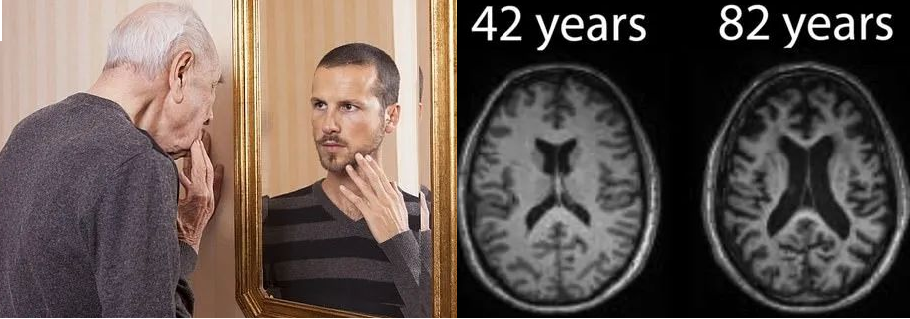Hearing is a critical sense that enables us to communicate, socialize, and navigate the world around us. The process of hearing begins with sound waves entering the outer ear and traveling through the ear canal to the eardrum. The eardrum vibrates in response to the sound waves, and these vibrations are transmitted to the middle ear where the tiny bones, called ossicles, amplify and transmit the sound to the inner ear. In the inner ear, the sound is converted into electrical signals that are sent to the brain for interpretation.
Age-related hearing loss (or presbycusis) is the gradual loss of hearing as we age. One in three adults over age 65 has hearing loss. Because of the gradual change in hearing, some people are not aware of the change at the beginning. Most often, it affects the ability to hear high-pitched noises such as a phone ringing or the beeping of a microwave, but the ability to hear low-pitched noises is usually not affected.
This loss may be caused by a variety of factors, including exposure to loud noises, we genetics, and medical conditions such as diabetes or cardiovascular disease. Additionally, certain medications may cause hearing loss as a side effect. Hearing loss can range from mild to severe, and it may affect one or both ears.
If you suspect that you may have hearing loss, it is important to undergo testing to determine the extent of the problem. A hearing test typically involves wearing headphones and listening to sounds at different frequencies and volumes. The test may also involve speech recognition tests to evaluate how well you can understand spoken words. Based on the results of the hearing test, your healthcare provider can help you determine the best course of action.
One option for managing hearing loss is to use a hearing aid. Hearing aids are small electronic devices that amplify sounds and help make them more understandable. There are a variety of hearing aid styles to choose from, including in-the-ear, behind-the-ear, and completely-in-canal models. Your healthcare provider can help you select the best hearing aid for your needs based on your degree of hearing loss and your lifestyle.
In some cases, surgery may be recommended to treat hearing loss. For example, if the hearing loss is caused by damage to the middle ear bones, a procedure called a stapedectomy may be performed to replace the damaged bone with a prosthesis. Another surgery, called a cochlear implant, may be recommended for individuals with severe or profound hearing loss who do not benefit from hearing aids.
In conclusion, hearing is an important sense that allows us to communicate and navigate the world around us. As we age, our ability to hear may decline, and it is important to undergo testing to determine the extent of the problem. Depending on the degree of hearing loss, a hearing aid or surgery may be recommended to improve hearing function and quality of life.





